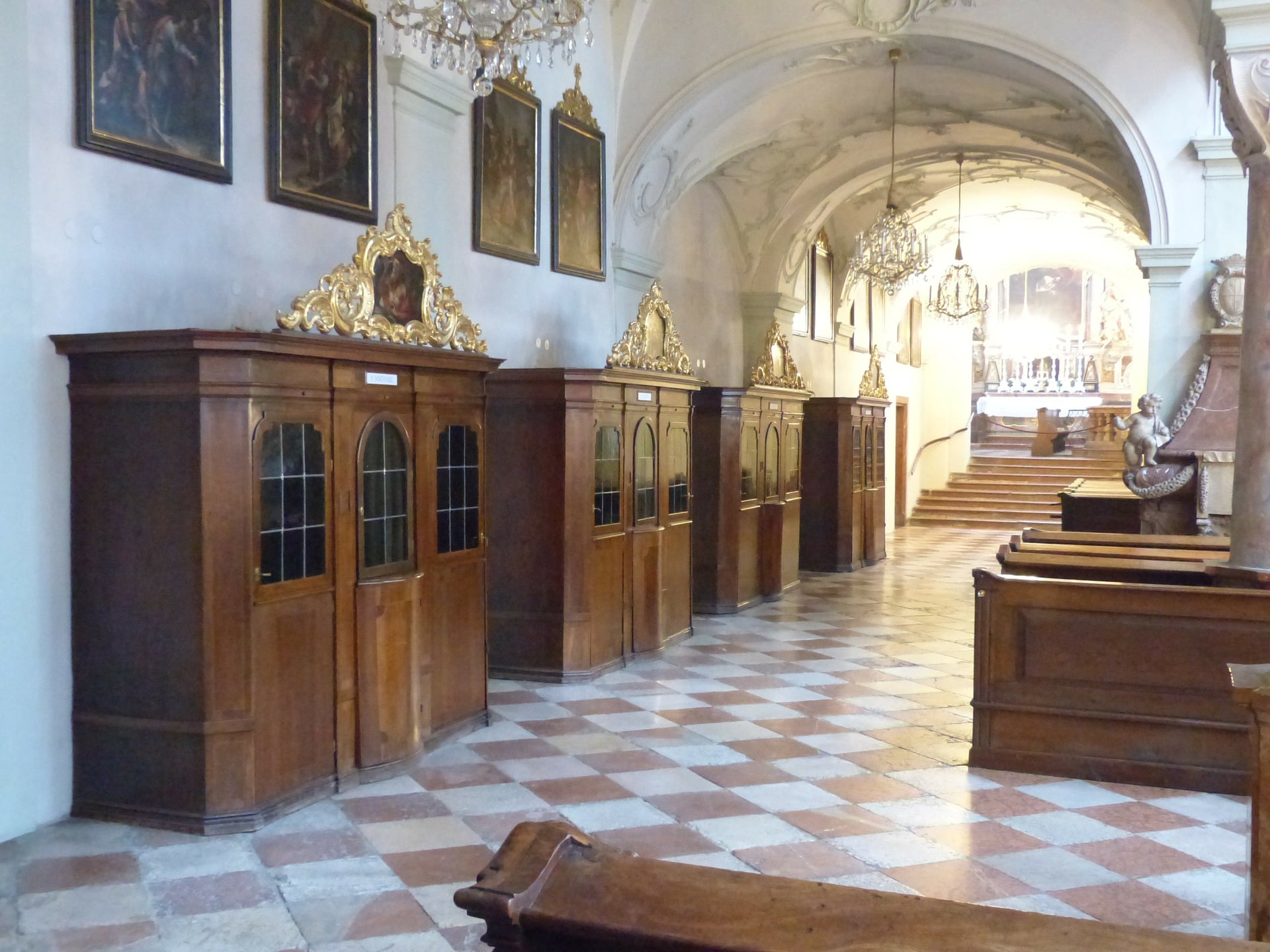Q: I read about a person who went to confession, repenting of not wanting the sufferings that God had allowed. That person was healed. Because I have many sufferings, I did the same thing but was not healed. I still struggle with accepting the sufferings that God allows me to have and that I do not want.
I was sincere at the time of my confession, but I am concerned that I may not have made a good confession. What advice do you have for this 75-year-old who has many health problems?
A:Receiving the Sacrament of Reconciliation does not replace the need to consult a doctor and follow his or her advice for dealing with health problems. Receiving this sacrament does, however, always challenge the illusion that we were acting in good conscience when, in fact, we have sinned. Sin always presents itself as freedom but is a form of slavery.
Regarding whether you made a good confession or not, please be assured that the only way for you to make a bad confession is to refuse to surrender to God’s grace and healing for some mortal sin of which you were conscious at the time you made that confession. That is true for any of us.
People who are suffering have every right to seek all legitimate means of alleviating their suffering. It is not a sin to want to be free from those sufferings. That would be a lie, and God never wants us to lie to ourselves in confession or anywhere else.
Under the subhead “What Is This Sacrament Called?” the Catechism of the Catholic Church teaches: “It is called the sacrament of conversion because it makes sacramentally present Jesus’ call to conversion, the first step in returning to the Father from whom one has strayed by sin.
“It is called the sacrament of Penance, since it consecrates the Christian sinner’s personal and ecclesial steps of conversion, penance and satisfaction (#1423).
“It is called the sacrament of confession, since the disclosure or confession of sins to a priest is an essential element of this sacrament. In a profound sense it is also a ‘confession’—acknowledgment and praise—of the holiness of God and of his mercy toward sinful man.
“It is called the sacrament of forgiveness, since by the priest’s sacramental absolution God grants the penitent ‘pardon and peace.’
“It is called the sacrament of Reconciliation, because it imparts to the sinner the love of God who reconciles: ‘Be reconciled to God’ [2 Corinthians 5:20]. He who lives by God’s merciful love is ready to respond to the Lord’s call: ‘Go; first be reconciled to your brother’ [Matthew 5:24]” (#1424).
Going to confession could help improve a person’s physical or mental health in the sense of living in greater honesty about who the penitent is before God, in relation to others and in his or her own eyes.
For example, in the Old Testament, Job protests that his sufferings are not the result of his sins. And God agrees that they are not. Indeed, God rejects the statement of Job’s friends who say that all suffering comes from the sins of which a person has not repented.
None of this will take away the health problems that you are experiencing, but it seems that you are currently more ready to accept the theology of Job’s friends than the correction that God gives in the Book of Job. The story you cite about the person who repented of not wanting the sufferings that God allowed sounds dangerously close to the theology of Job’s friends. I invite you to trust God’s loving response more than their very limited theology, which added to Job’s suffering and will add to yours if you accept it.
What advice can I offer you? Accept your good days, the ones where your suffering is less intense. On the bad days, please trust that God is with you as you struggle with your pain. Prepare yourself eventually to be united with Jesus in heaven where every tear will be wiped away (see Revelation 7:17 and 21:4).








